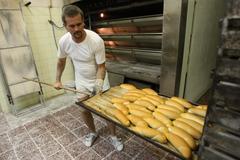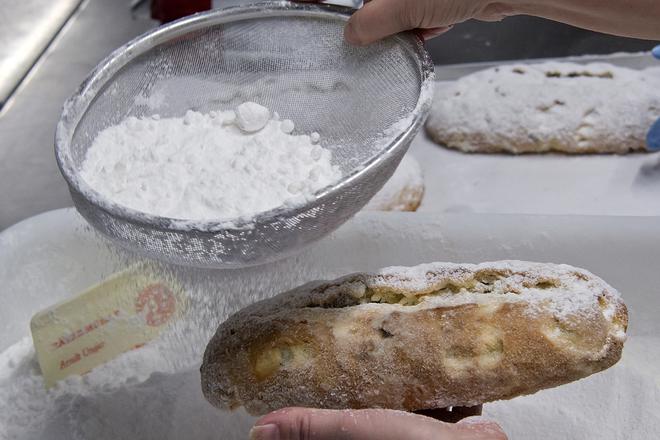Slovak bakers welcomed the proposal to increase allowances for weekend, night and holiday work, but appealed to the government to take action concerning the law on prices, the Sme daily wrote on January 31.
This law sets minimum prices for which bread and bakery products are to be delivered to retailers.
“The Council of Bakers of the Slovak Republic announced that any increase in work-related allowances will have to be compensated for by increasing the price of their products,” head of the Council, Vojtech Gottschall, said as quoted by Sme. “This would have to be done through legislation adjusting the minimum distribution prices of bread and pastries, with the prices relating to the actual costs of their production.”

Gottschall also pointed out that prices mentioned in the current legislation are four years old, lagging behind real costs.
Current legislation unfavourable for bakers
Under current legislation, the change in prices depends on an agreement between the supplier and the purchaser with the state not intervening. However, bakers often fail to negotiate a good price, they complain.
“Retailers often refuse to increase the sale prices in their shops, and the prices of basic bakery products have not changed in years,” the head of the Council of Slovak Bakers said, as quoted by the SITA newswire. “This is a huge problem for bakers – we have nowhere to compensate for higher costs; but the retailer has opportunities, thanks to a wide range of goods, much bigger chances to reduce costs. This is basically a stalemate situation that could be solved by price regulation, and thus setting minimum distribution prices in the form of economically justified costs.”

Bakers also asked the cabinet to support their proposals for the preparation of a law on disproportionate conditions in trade relations, which is currently being elaborated by the Agriculture Ministry. The goal of the draft bill, say bakers as cited by SITA, is to fundamentally improve the position of suppliers towards purchasers and to more strictly evaluate unfair trade practices.



 Bakery products, illustartive stock photo (source: AP/TASR)
Bakery products, illustartive stock photo (source: AP/TASR)